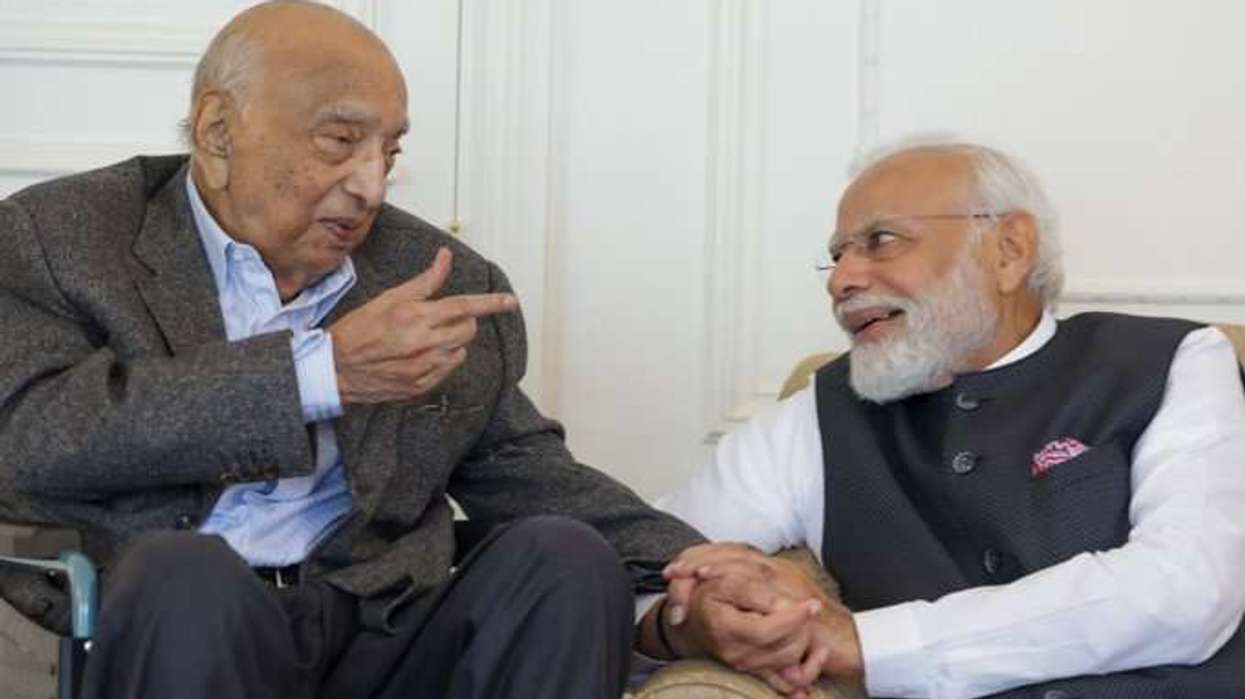OVER two million people have been forced to leave their homes as devastating floods continue to sweep across Pakistan's eastern regions, authorities announced.
The worst-hit area is Punjab province, where more than two million residents have been evacuated. An additional 150,000 people have fled Sindh province, according to national disaster management chief Inam Haider Malik, who warned that the "number may rise over the coming days".
The flooding has claimed at least 946 lives across Pakistan since late June, with monsoon rains and swollen rivers wreaking havoc throughout the country. Punjab province alone has recorded 97 deaths.
The emergency response has faced tragic setbacks. On Thursday (11), nine people died when a rescue boat capsized near the historic city of Multan whilst carrying flood victims to safety. The boat had successfully rescued 24 people from flooded villages before it overturned, though the remaining 15 passengers were pulled from the water alive.
This follows another boat accident earlier this week, when five people died in a similar incident on the outskirts of Jalalpur Pirwala city.
Rescue teams are going door-to-door to relocate villagers and their livestock using small boats, but these vessels must navigate dangerous strong currents. Officials say the rescue work is "tough because people are not cooperating", as many residents refuse to leave without their animals - often their main source of income.
The floods have submerged over 4,500 villages in Punjab province alone, affecting more than 4.4 million people since late August. Punjab, home to half of Pakistan's 240 million population, is considered the country's breadbasket, making the agricultural damage particularly severe.
Many families initially chose to stay at home to protect their property despite the flood risks. However, with large areas of farmland and houses destroyed, the human cost continues to mount in a country where 40 per cent of residents live below the poverty line.
The international community has begun responding to the crisis. This week, the United Nations allocated $5 million to support Pakistan's flood response, whilst the US State Department approved funding and deployed disaster response personnel.
Pakistan's National Disaster Management Authority has delivered tonnes of relief supplies, including blankets, tents and water filtration devices to flood-affected areas in Punjab.
Facing the scale of the disaster, Pakistani authorities declared a climate emergency this week. Prime minister Shehbaz Sharif has ordered officials to develop a 300-day plan to address the challenges posed by climate change.
Pakistan's geography makes it extremely vulnerable to climate change impacts, with the country facing both extreme heat and torrential rains. Melting glaciers have also created new lakes at risk of dangerous outbursts.
Malik said it would take weeks for floodwaters to recede before "rehabilitation work" could begin on thousands of damaged villages and fields.
The current floods echo Pakistan's 2022 disaster, when months of heavy rain killed more than 1,700 people and affected over 30 million in one of the deadliest flood events in history.
(with inputs from Reuters)





